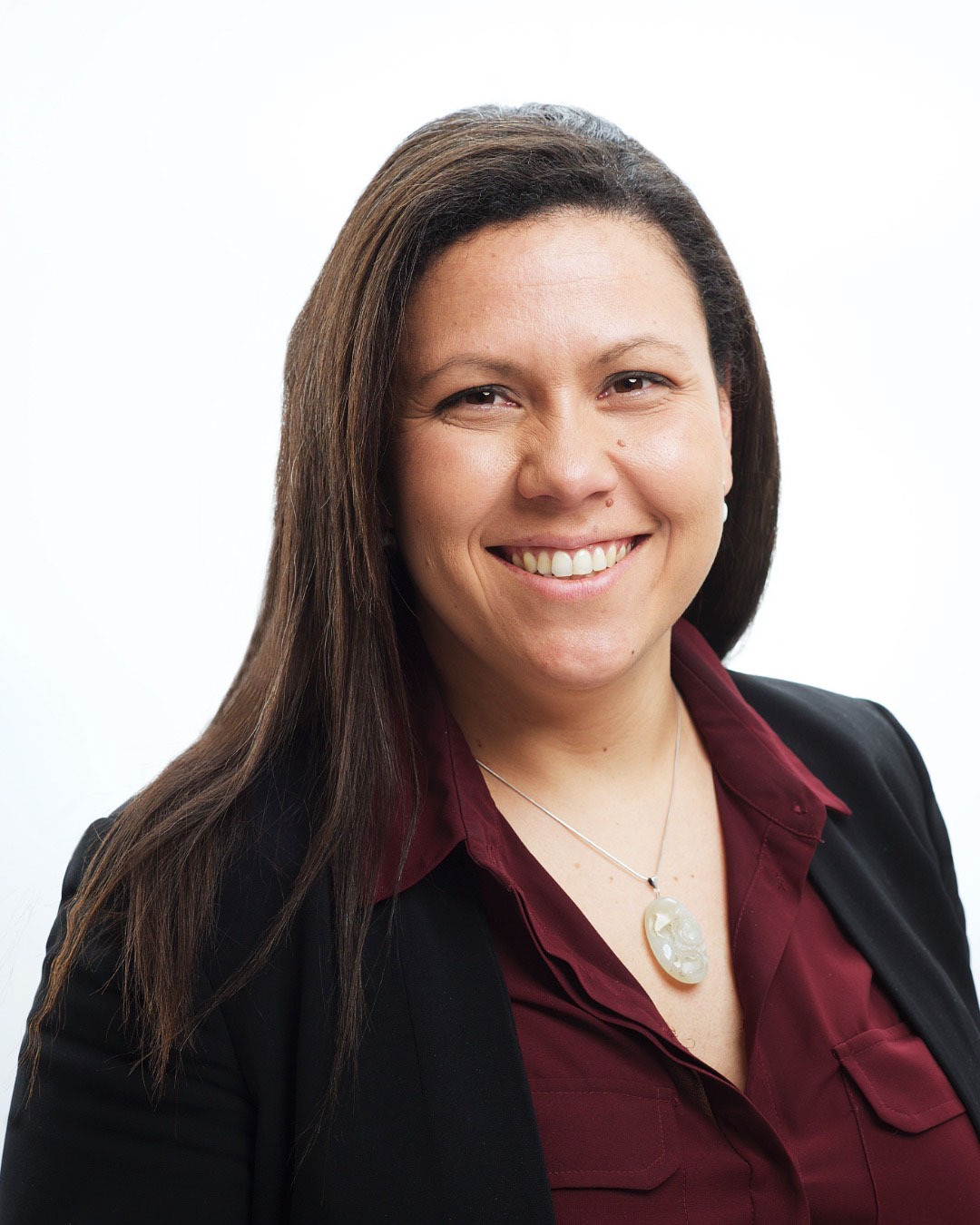Maria Conesa Gonzalez
Visit company website
Maria Conesa Gonzalez is dual qualified in England and Spain and is a specialist in complex private law children and cross-border disputes, being one of the very few solicitors specialising in international family law in Kent. She is accredited as a specialist practitioner on child abduction and private law children matters by Resolution.
Maria has worked at leading law firms in London where she gained experience in all aspects of family law. Maria has a special interest and experience in complex children matters and cases involving cross border disputes, such as child abduction, registration and enforcement of foreign orders or applications for leave to remove.

Relevant experiences and positions

Maria qualified as a Registered European Lawyer in England and Wales in 2015 and as a solicitor in 2018. Maria appears as recommended lawyer by the Legal 500 Editorial in 2017 who describes her as “Very experienced in Cross-border disputes”.
Maria’s reported cases include:
• Re T (A Child: Application to Permanently Relocate) [2023] EWHC 545 (Fam), in respect of a wrongful retention in Estonia, and various applications made in England and Estonia.
• Re A v B (Rescission of Order: Change of Circumstances [2021] EWFC 76
• Re A (Children) [2019] EWHC 2334 (Fam) representing one of the interveners at a Fact Finding hearing within wardship proceedings
• Re B (A Minor: Habitual Residence) [2016] EWHC 2174 (Fam), regarding the return of the parties’ daughter to the US under the Hague Convention 1989
Maria is a member of Resolution, accredited as a specialist on private law children and child abduction; Maria is a recommended lawyer of Reunite, proving her experience within the area of child abduction. She is also a member of Resolution, CALA (Child Abduction Lawyers Association), AEAFA (“Asociación Española de Abogados de Familia” ie. Spanish Association of Family Lawyers) and the young lawyers commission of AIJUDEFA (“Asociación Internacional de Juristas de Derecho de Familia” ie. International Association of Family Law Jurists). She is also a member of the Private International Section of the Murcia Bar Society. Through these associations and attendance at conferences, she receives a large number of referrals of Spanish speaking clients as well as non-Spanish speaking clientele.
Maria often attends conferences both in England and abroad, as attendee and also as a speaker
Some of the feedback from referrals praise her knowledge in private law children with that international element: “Maria Conesa Gonzalez thinks of every angle to a case; she has huge experience of international work. She gives realistic advice whilst going the extra mile to support the client in taking realistic decisions. ‘Maria Conesa Gonzalez is extremely knowledgeable in children matters. Whenever I have a difficult case or query I will always first consult with her. She has the right approach to the cases. She is a fast thinker and can always provide a solution to a difficult situation. She is extremely well connected in terms of experts and other professionals. It is clear that Maria his able to represent clients in the most efficient way.’
Some personal questions
What is your advice to parents who are thinking about relocating with a child?
I advised them to consider very carefully their decision and whether it is in the best interest of the children, and how they are going to be able to continue to promote the relationship between the children and the “left-behind” parent.
What should parents know before starting a court procedure about child relocation?
Parents need to be certain that they want to relocate to certain country, the reasons for such relocation and why the relocation would be in the best interest of the children. They need to be aware that these proceedings are incredibly difficult, not only in legal terms but also emotionally and psychologically, and in any litigation, there are no guarantees that they will be successful, so they need to be ready for these proceedings. Once they are aware of the above points, they need to know what their plan is if they were to relocate, and what the children’s lives would be like if they relocated.
When did you first handle a child abduction case?
The first time was when I was still an intern at a London firm in 2011, since then I have specialised in international and complex children matters, including child abduction.
What makes a child abduction case different from other cases?
Even though they are in relation to children, and the subject children are the focus, they are not about the children’s welfare or their best interest, they are about Jurisdiction. This is something that lawyers that are not specialised do not always appreciate. When a child has been allegedly been wrongfully removed or retained, the courts in the countries that are dealing with the application for summary return, are only dealing with that issue, and should not be entering into whether it would be in the child’s best interest to return the country from which they were removed. They are all very fast paced, so everything needs to be prepared and ready to go to court very promptly, as time of the essence in these cases, to ensure that any return, if ordered, can happen very promptly.
There are occasions in which a child has been wrongfully retained or removed to another jurisdiction, when you can really see how the parents are devastated. When you can achieve that return of the child to their “home” and they can be reunited with the parent that they were removed from, you do feel that you are genuinely helping that parent, but more importantly that child.
Which child abduction case will you never forget?
In 2018 I was instructed by a Pakistani client who was married to Pakistani gentleman. In 2013, the father had taken the child to Pakistan on holiday to visit both sides of the family and left the child in Pakistan before the father returning to England. The child was born in England and had a British passport. I was instructed in 2018 and it took me in the region of 8 months to obtain legal aid as it kept being refused due to the child not being habitually resident in England. Having insisted for months and having re-applied, public funding was finally granted. After various hearings, a return order was made pursuant to the UK-Pakistan Protocol 2003, a bilateral agreement between England and Pakistan, for the child to return to England after 6 years. Unfortunately, although he Hague Convention 1980 does not apply bilaterally between England and Pakistan.
When the child arrived in this Jurisdiction, she had not seen her mother or siblings for over 6 years (by the time of her return), she had only spoken to them a handful of times on the telephone. Various concerns had also been raised in respect of the father’s care, and a collection order was further obtain, so as soon as she arrived in England, she was placed in the mother’s care. I received that call from the tipstaff on a Saturday afternoon. I will never forget that case and how grateful that child was from having seen her mother again.

